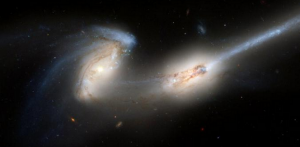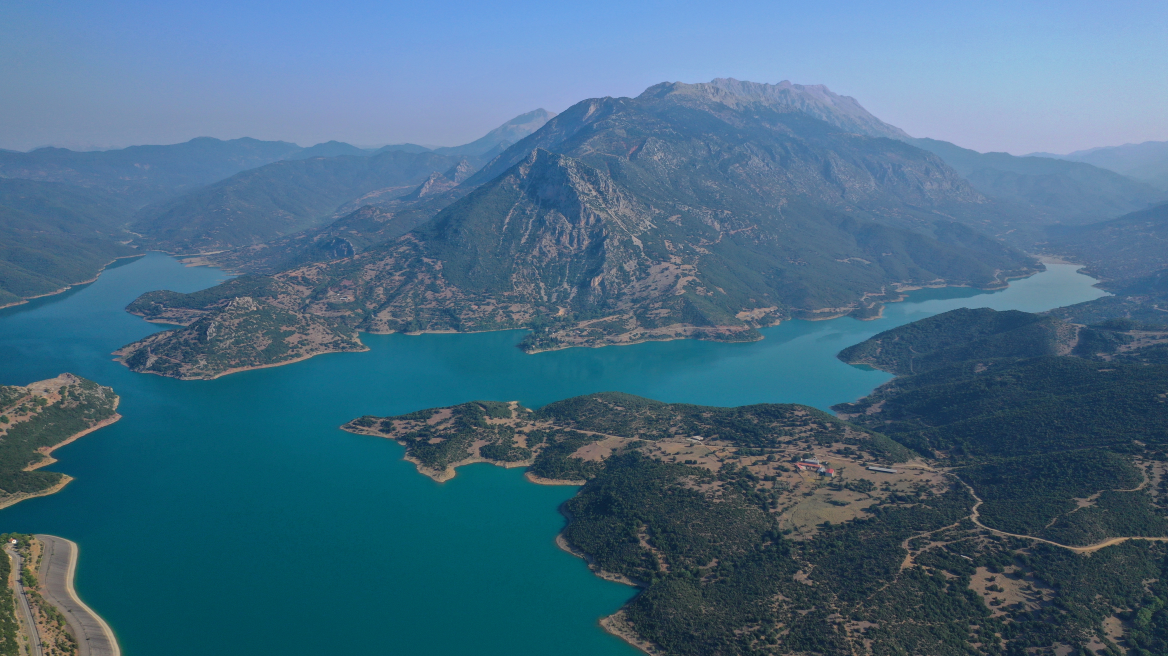Imagine a universe with no stars, no galaxies, and no light: just a black brew of primordial gases immersed in a sea of invisible matter. Beginning a few hundred thousand years after the blinding flash of the big bang, the universe plunged into a darkness that lasted almost a half billion years. Then something happened that changed it all, something that led to the creation not just of stars and galaxies, but also of planets, people, begonias, and lizards. What could that something have been?
New clues to this puzzle—one of the most fundamental in cosmology—are pouring in from many directions. Theorists using supercomputer simulations have retraced the steps that produced the first stars and galaxies. Astronomers peering through giant new telescopes have journeyed back in time in search of the first galaxies. Researchers studying images from the Hubble Space Telescope have discovered the breathtaking diversity of the galaxies that surround us today—from giant pinwheels blazing with the blue light of newborn stars, to misshapen footballs glowing with the ruddy hue of stars born billions of years ago, to tattered galaxies trailing long streamers of stars torn out by collisions with intruder galaxies.
Less than a century ago astronomers knew only about our own galaxy, the Milky Way, which they believed held about 100 million stars. Then observers discovered that some of the fuzzy blobs in the sky weren’t in our own galaxy, but were galaxies in their own right—collections of stars, gas, and dust bound together by gravity. Today we know that the Milky Way contains more than 100 billion stars and that there are some 100 billion galaxies in the universe, each harboring an enormous number of stars.
Our view of the universe is changing completely, says cosmologist Carlos Freak of the University of Durham in England, and it’s largely because of our new understanding of galaxy formation: “It’s no exaggeration to say that we’re going through a period of change analogous to the Copernican revolution.”
Read more HERE
Ask me anything
Explore related questions





